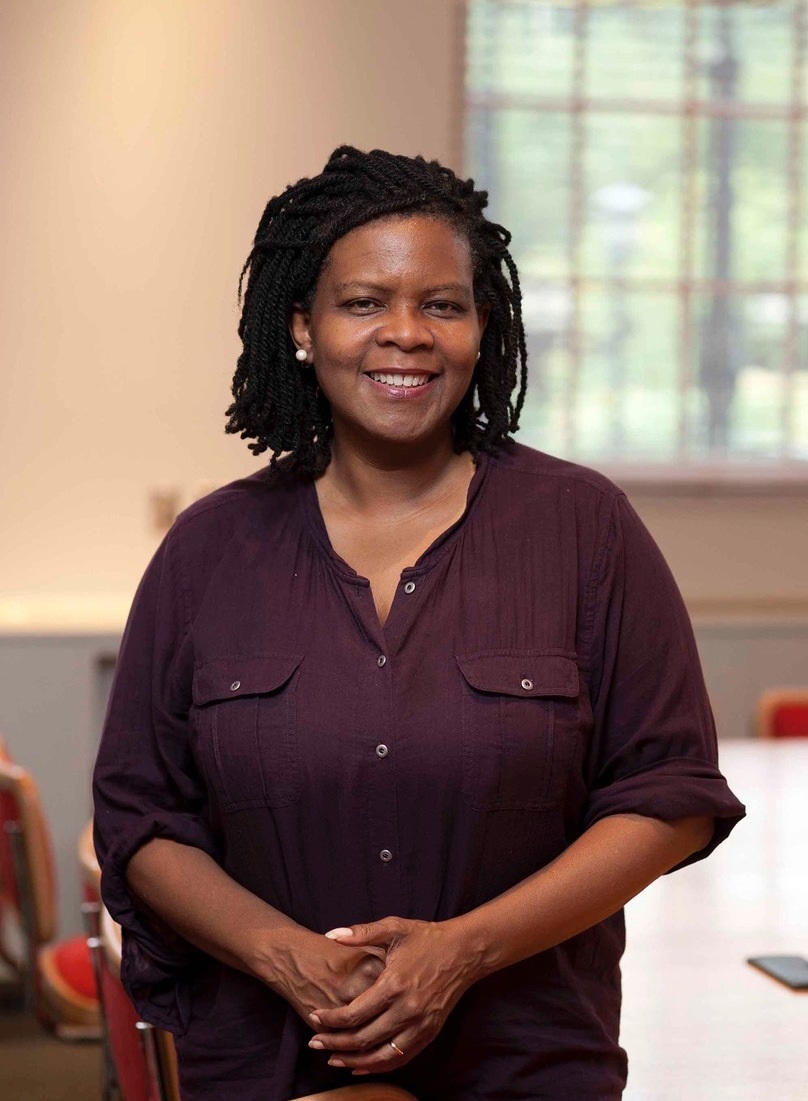 |
| photo: Tony Rinaldo |
Annette Gordon-Reed is the Carl M. Loeb University Professor at Harvard University. She won the Pulitzer Prize and the National Book Award for The Hemingses of Monticello: An American Family. Her latest work, On Juneteenth (Liveright, May 4, 2021), is a memoir of growing up in Texas and a history of the state.
On your nightstand now:
Unworthy Republic: The Dispossession of Native Americans and the Road to Indian Territory by Claudio Saunt. I had intended to read this when it first came out, but got swamped with work. It won the Bancroft Prize for History this year. It's a brilliant account of Indian Removal, a story that all Americans should know. I am also going through The Papers of Thomas Jefferson, Vol. 17, March to November 1821. I'm on the advisory board of The Papers, and they send me each volume as they finish. This one has what is called his "Autobiography." It's much, much less than that. He stops writing when he gets to 1790, and he has just arrived in New York to begin his time as Secretary of State in George Washington's cabinet. He claimed that he just got tired of talking about himself, but that's when the fun really begins.
Favorite book when you were a child:
Big Tree by Conrad Buff and May Buff was one of my favorite books when I was a small child. It was about the life story of a giant sequoia, thousands of years old, told by the tree itself. The narrative of all the tree had witnessed over its span of life captivated me. It made me love trees even more than I already did. It was such a treat the first time I went to Yosemite National Park with my husband, a native Californian, and saw actual sequoias for the first time. I also loved The Black Cauldron by Lloyd Alexander, and all the other books in the series.
Your top five authors:
James Baldwin, Octavia Butler, W.E.B Du Bois, Gore Vidal, Christopher Hitchens. These are the people that I have most looked forward to reading over the years. I read all of them with such pleasure. I generally prefer essays to novels and, in particular, I prefer the essays of Baldwin and Vidal to their fiction. I know it's common to say that, but that's how I feel. They were such keen observers; extremely intelligent and excellent stylists. Butler was marvelously inventive. I am not one for science fiction outside of film, which I love. But I took an immediate liking to her work. Hitchens wrote with such verve and wit and so prolifically. Du Bois's erudition was off the charts, and his work ethic was almost supernatural. He was the ultimate scholar.
Book you've faked reading:
Portrait of the Artist as a Young Man by James Joyce. I started reading it, but could not finish it. This was the book that kicked it all off for Joyce, and I felt guilty about abandoning it. At the time, I just didn't care enough about Stephen Dedalus and his people. Perhaps I'll pick it up again and finish it.
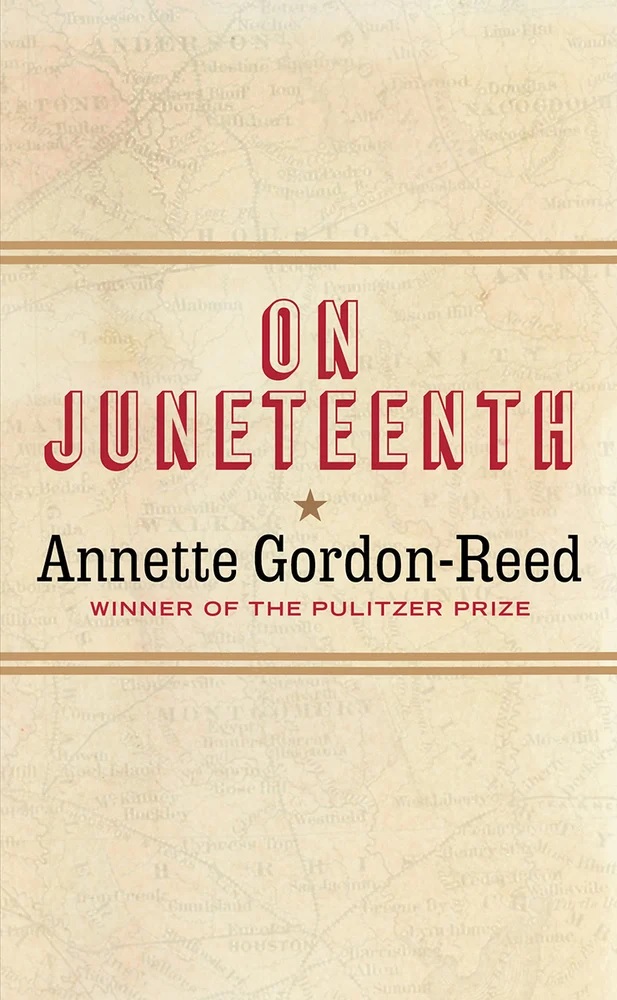 Book you're an evangelist for:
Book you're an evangelist for:
The Dead Are Arising: The Life of Malcolm X, Les Payne and Tamara Payne. An amazing piece of work, decades in the making. The book is based on interviews done with people who knew Malcolm X, and contains lots of information that was not known. Payne was a first rate journalist, and his eye for detail comes through in the book.
Book you've bought for the cover:
The Snowy Day by Ezra Jack Keats--I bought the book when my daughter was small, and I read it to my son, too. They both loved it. The cover and the illustrations are just lovely. They are so evocative of mood the text creates.
Book you hid from your parents:
Myra Breckinridge by Gore Vidal--I wasn't sure my parents were ready for Vidal's polymorphously perverse work. I'm not sure that I really was, either.
Book that changed your life:
I have to mention two books because they are so closely related as influences: White over Black: American Attitudes Toward the Negro: 1550-1812 by Winthrop Jordan and Thomas Jefferson: An Intimate History by Fawn Brodie. Jordan's chapter in White over Black, "Thomas Jefferson Self and Society," introduced me, at age 12, to Sally Hemings. I read Brodie a couple of years later. That book introduced me to the "Recollections of Madison Hemings," which initiated my interest in how scholars wrote about Sally Hemings and Thomas Jefferson. It amazed me that she took him seriously about something that was so important. She was the first person to really nail Jefferson's personality, I think. She noticed things about him--patterns of behavior--that others did not, and some of her observations are now commonplace in Jefferson scholarship. I should also say about Jordan that his book was a model for me about how to write history. I don't have a Ph.D., but reading that book showed me how to do history the way I wanted to do it.
Favorite line from a book:
"But armed and warned by all this, and fortified by long study of the facts, I stand at the end of this writing, literally aghast at what American historians have done to this field." --W.E.B. Du Bois, Black Reconstruction in America, 1860-1880.
I used this as an epigraph in my first book, Thomas Jefferson and Sally Hemings: An American Controversy. I tried to write a book about Du Bois some years before that--it's sitting in a box in my apartment now-- and I remembered this quote when it came time to write TJ and SH. It was just perfect for what I was trying to do in the book.
Five books you'll never part with:
The Souls of Black Folk by W.E.B. Du Bois, Notes of a Native Son by James Baldwin, the Bible, Those Who Labor for My Happiness: Slavery at Thomas Jefferson's Monticello by Lucia Stanton and Jane Eyre by Charlotte Brontë.
Books you most want to read again for the first time:
The Man Who Cried I Am by John A. Williams. I read this book in college and loved it. It was a roman à clef, with Richard Wright and James Baldwin as characters. A Single Man by Christopher Isherwood. The first time I read this I was stunned by the clarity of the prose and emotional intensity conveyed so simply.
Autobiographical works you have admired over the years:
Experiment in Autobiography: The Autobiography of H.G. Wells; The Quality of Hurt: The Early Years: The Autobiography of Chester Himes; I Know Why the Caged Bird Sings by Maya Angelou. Wells's book, written from 1932 through 1934, is wonderfully modern and quirky. His voice is so clear. I remember thinking I wanted to have that kind of freedom in writing and observing people and the world. Himes's book details his fascinating life. It's especially interesting to read about ambitious Black people when there were laws limiting their ability to move and advance in the world. Despite the oppression, and some mistakes of his own, Himes managed to become a writer and to make a life for himself outside of the United States. Although he was the subject of a first-rate biography in 2017 by Lawrence P. Jackson, he's a figure who should be better known. Angelou's may have been the first autobiography that I read cover to cover. While I did not identify with the personal traumas she described, I did identify with her love of reading and loved the lyricism of her prose.
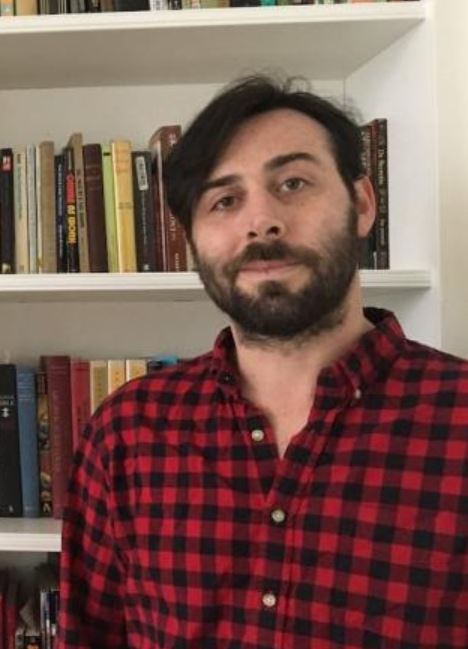










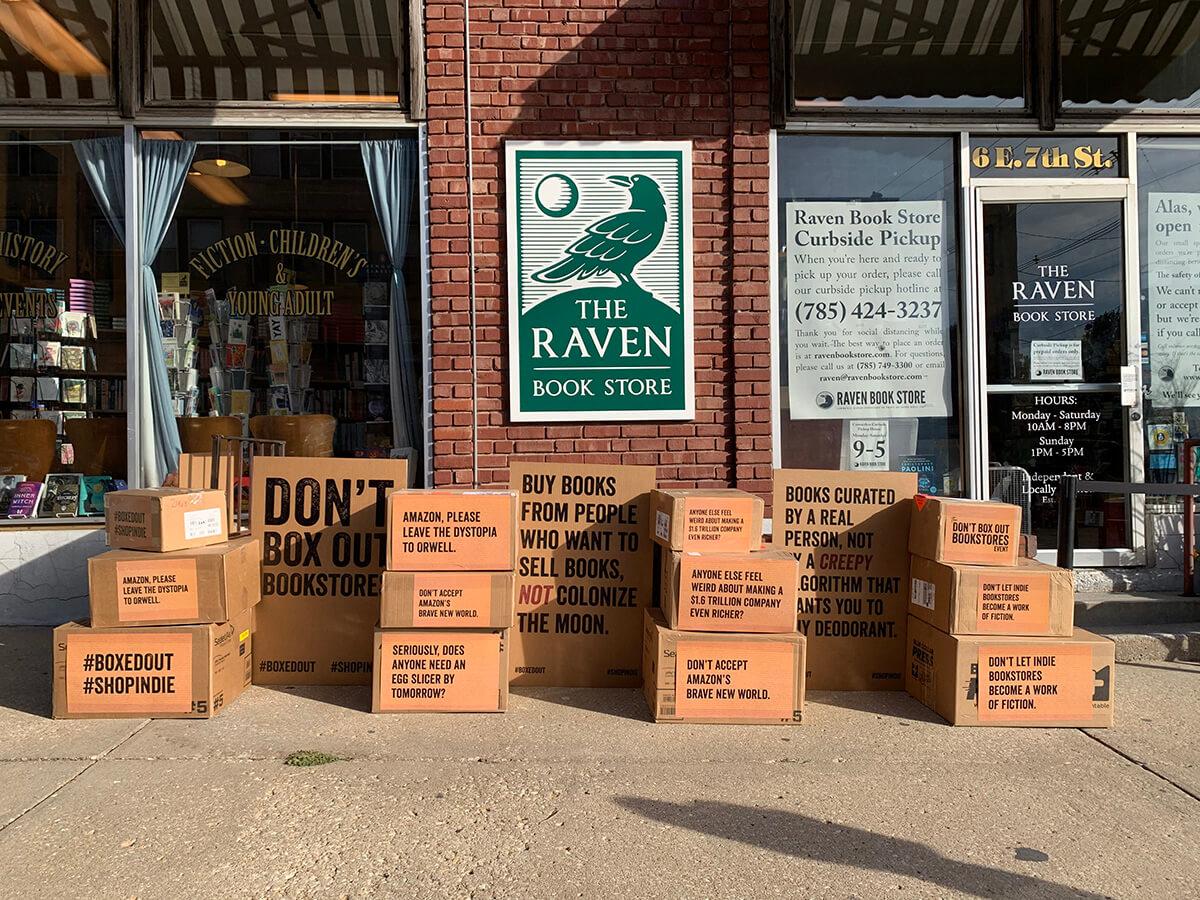 With Amazon Prime Day scheduled for Monday and Tuesday, June 21 and 22, the American Booksellers Association is relaunching the #BoxedOut campaign that
With Amazon Prime Day scheduled for Monday and Tuesday, June 21 and 22, the American Booksellers Association is relaunching the #BoxedOut campaign that 
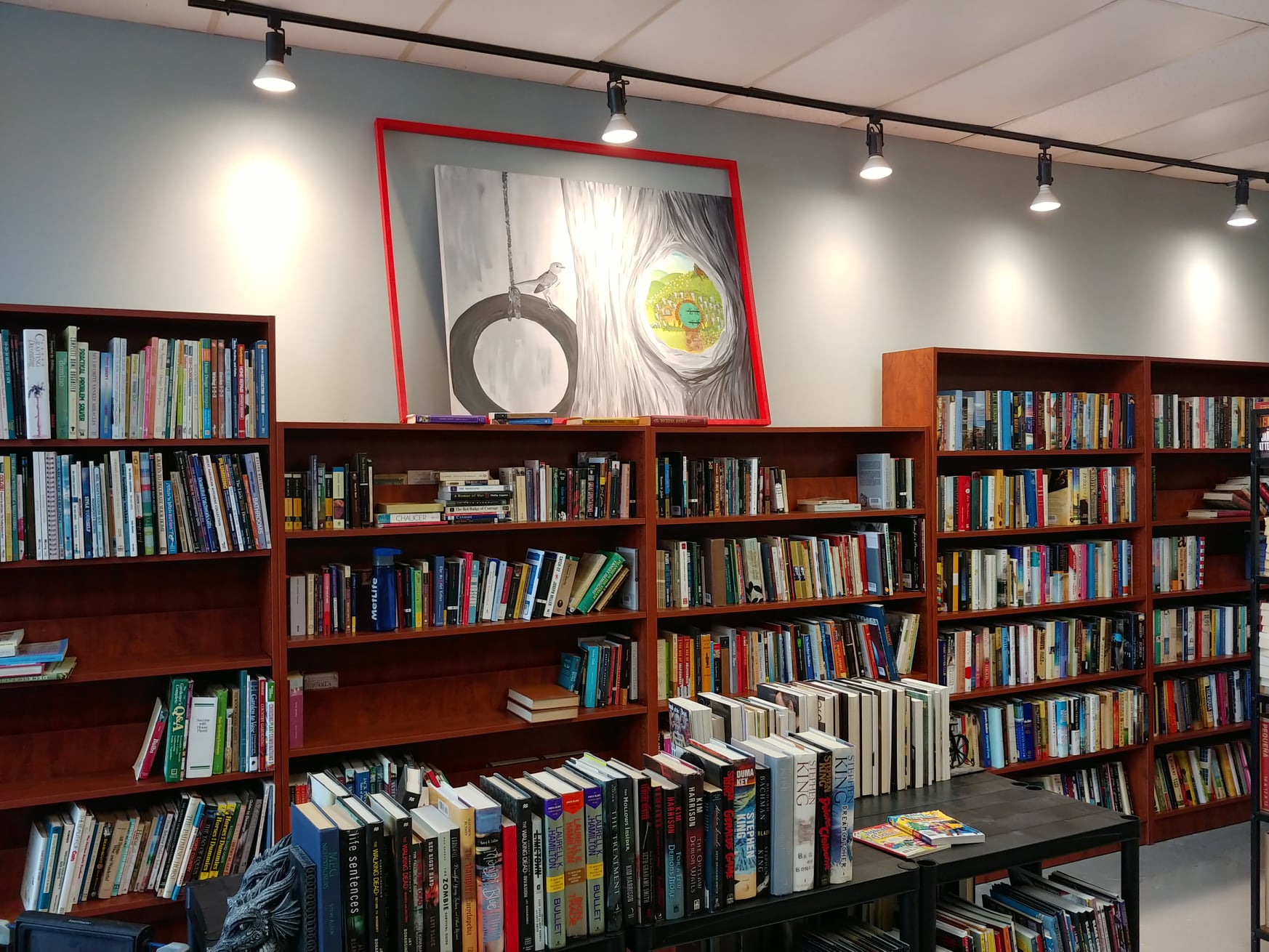

 Bandi & Luni's
Bandi & Luni's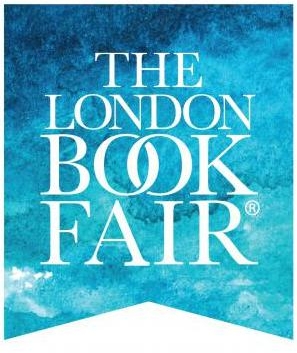 The London Book Fair has
The London Book Fair has 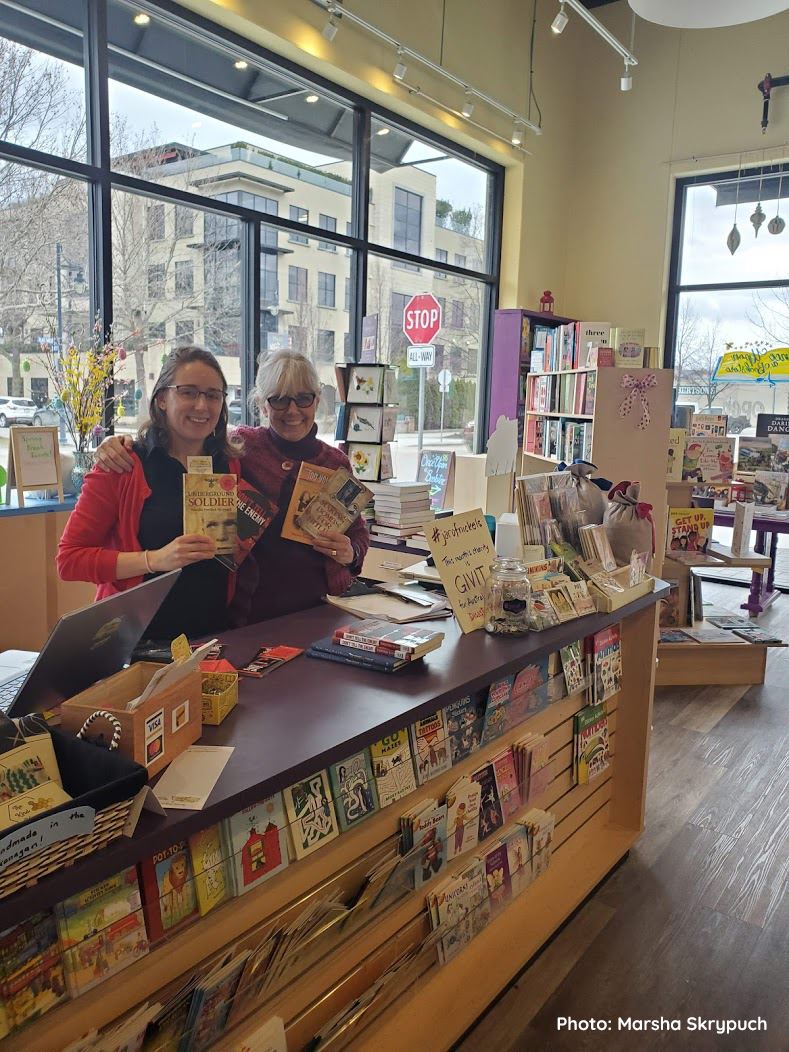 "We're so excited to tell you about
"We're so excited to tell you about 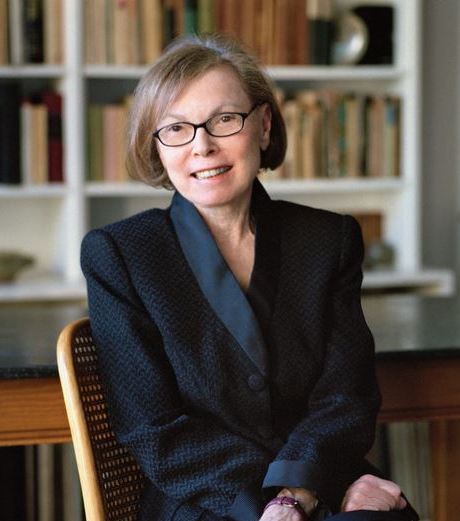
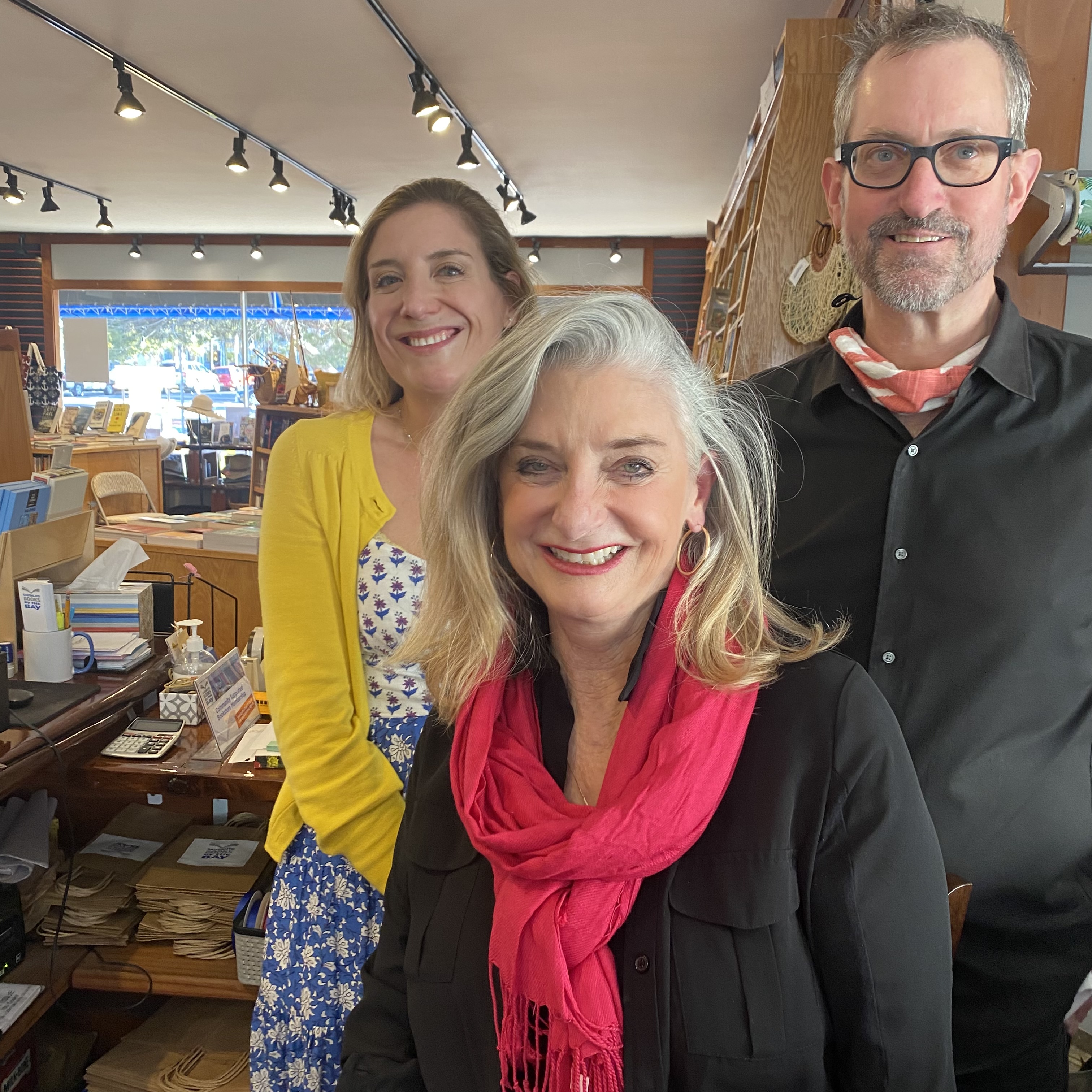
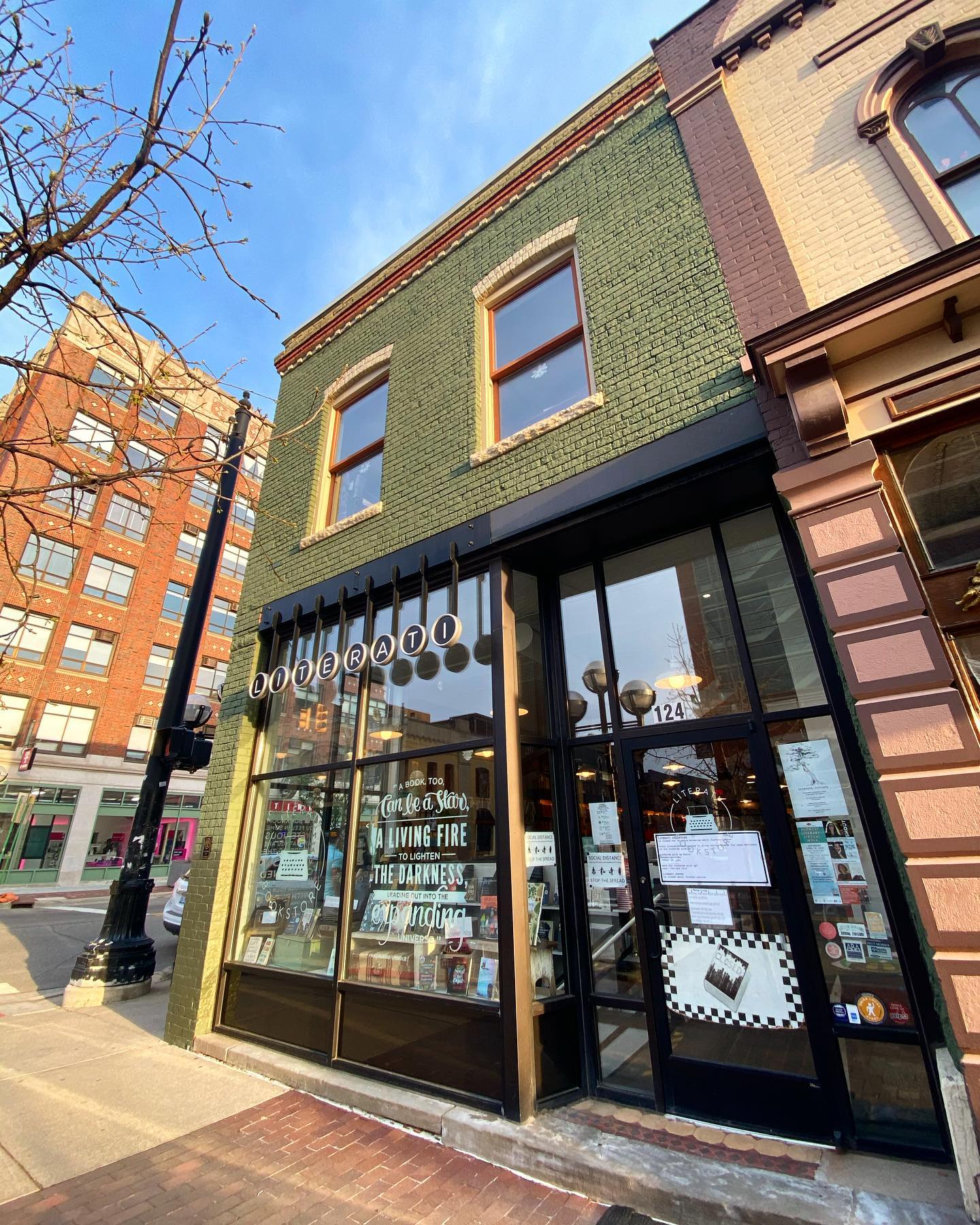 Posted on Facebook yesterday by
Posted on Facebook yesterday by 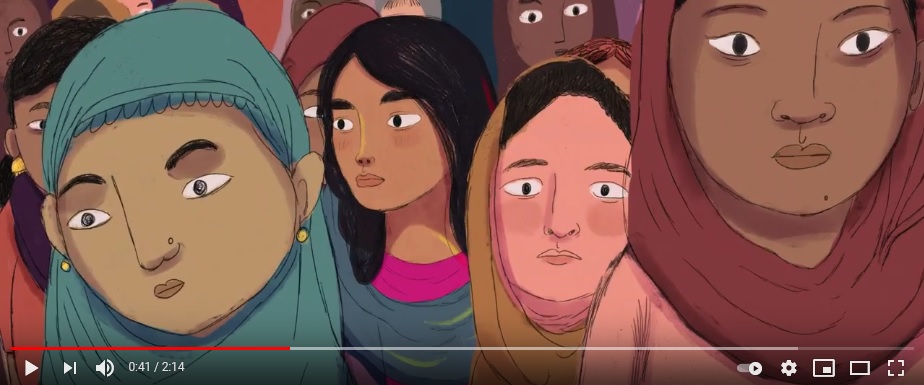 The Marvelous Mirza Girls
The Marvelous Mirza Girls
 Book you're an evangelist for:
Book you're an evangelist for: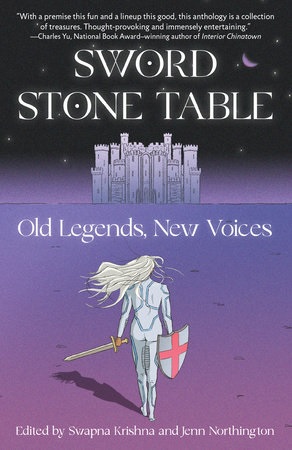 Why does the legend of King Arthur continue to captivate people after so many centuries? The authors featured in Sword Stone Table: Old Legends, New Voices offer 16 compelling reasons. The collection takes readers across time and cultures, breathing new life into one of the oldest Western myths. Editors Swapna Krishna and Jenn Northington pull together a diverse take on the mythos in Sword Stone Table. Stories feature queer characters, BIPOC protagonists, fresh perspectives on characters that readers will recognize, as well as several who are usually at the margins or barely mentioned.
Why does the legend of King Arthur continue to captivate people after so many centuries? The authors featured in Sword Stone Table: Old Legends, New Voices offer 16 compelling reasons. The collection takes readers across time and cultures, breathing new life into one of the oldest Western myths. Editors Swapna Krishna and Jenn Northington pull together a diverse take on the mythos in Sword Stone Table. Stories feature queer characters, BIPOC protagonists, fresh perspectives on characters that readers will recognize, as well as several who are usually at the margins or barely mentioned.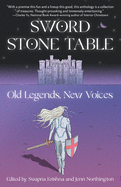
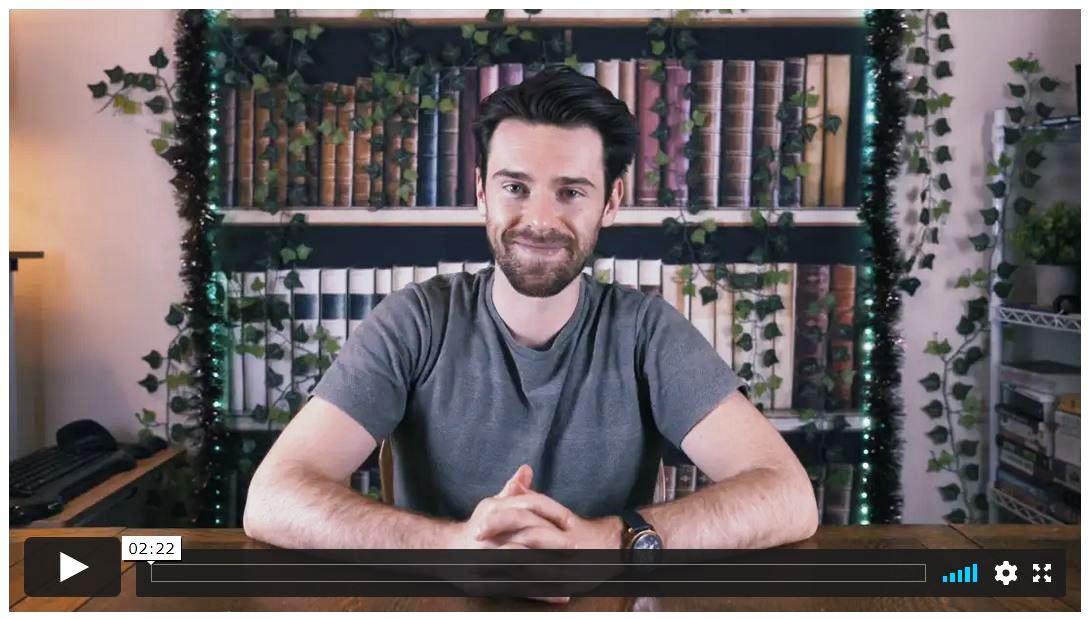
_061721.png)
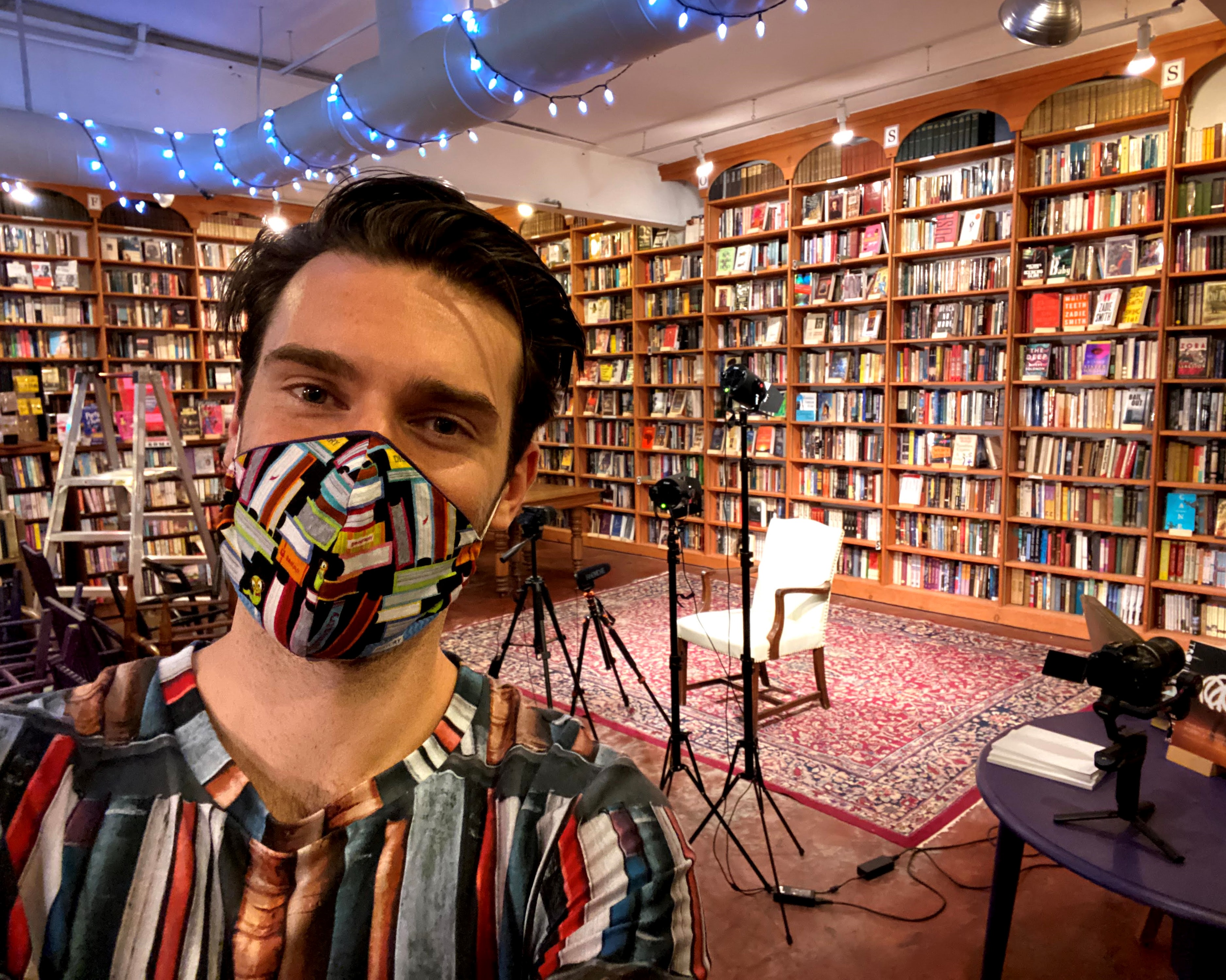 Last August, Engel and his cameraman took a second trip, this time around the East Coast, to interview more than 30 indie booksellers. Traveling in the midst of pandemic restrictions--not to mention a hurricane that nearly paralleled their route up the coast--was challenging, "but luckily the booksellers I contacted about being interviewed were very supportive. They knew that we were taking as many precautions as humanly possible and they wanted to support the project....
Last August, Engel and his cameraman took a second trip, this time around the East Coast, to interview more than 30 indie booksellers. Traveling in the midst of pandemic restrictions--not to mention a hurricane that nearly paralleled their route up the coast--was challenging, "but luckily the booksellers I contacted about being interviewed were very supportive. They knew that we were taking as many precautions as humanly possible and they wanted to support the project....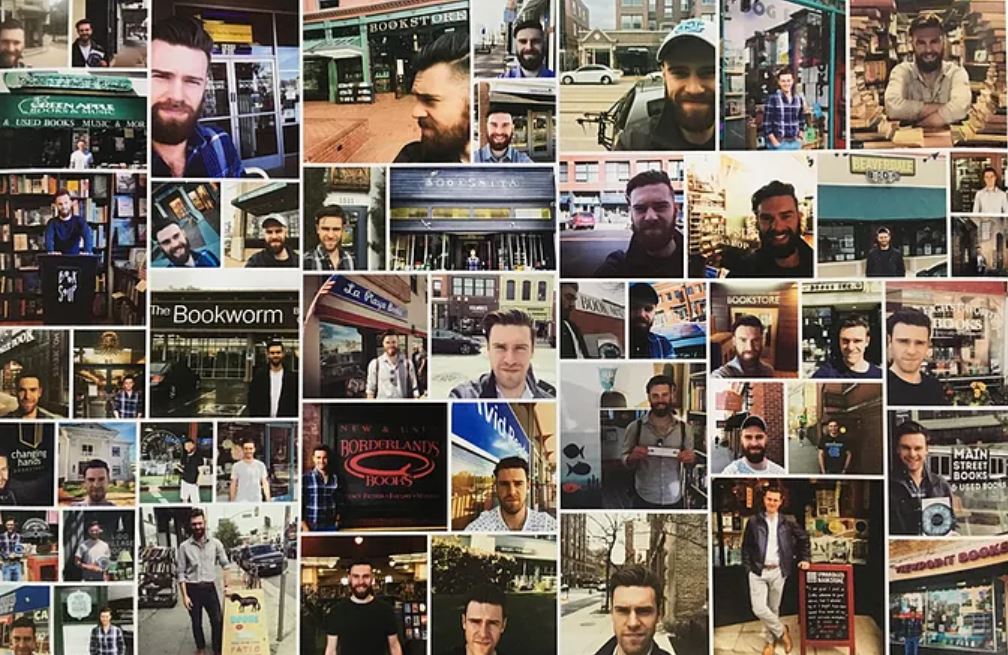 Among the highlights from the trip, Engel recalled visiting
Among the highlights from the trip, Engel recalled visiting 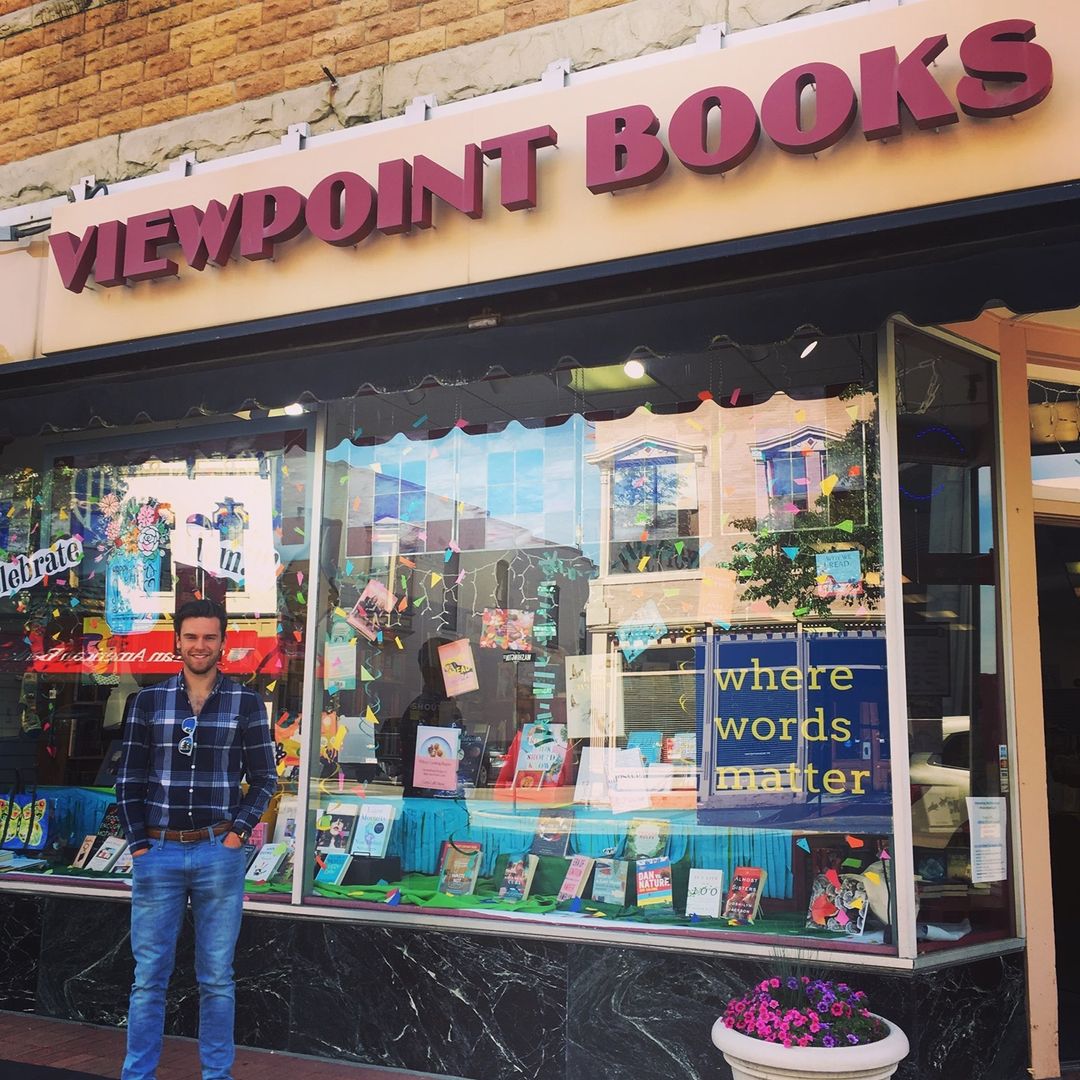 Until his recent travels on the road to indie enlightenment, Engel had somehow resisted the call, even when he was growing up: "
Until his recent travels on the road to indie enlightenment, Engel had somehow resisted the call, even when he was growing up: "